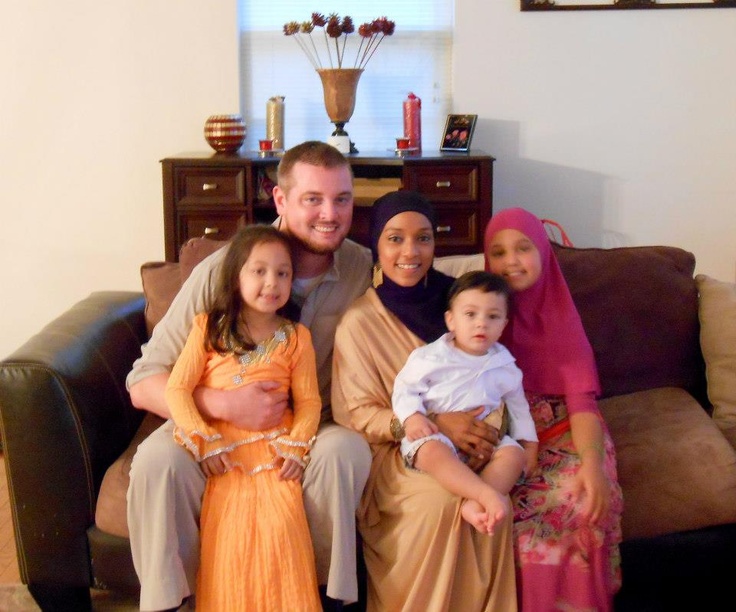
Dating and marriage cultural atlas - mine
-
Family is fundamentally important to most Germans. People often identify its main source of value being the unique personal relationship one has with each family member and the support they receive from one another. For many Germans, the family home provides a place where an individual’s eccentricity can be fully revealed. Parents and relatives are expected to help foster a person’s aspirations to help them reach their full potential. However, Germans are also generally encouraged to be self-reliant throughout childhood so that they are prepared to be independent as adults. Most children move out of their parents’ home when they go to university or as soon as they are in a financial position to do so.
Most German households are quite small, consisting of the nuclear family alone (mother, father and their children). The extended family generally lives separately. This family form (with children living at home being under 18 years of age) continues to be the most common family structure. However, many different living situations and family forms are gaining popularity in Germany as traditional ideas about family structures are challenged. It is now becoming common for couples to choose not to have children or for parents of children to decide not to get married and remain in de facto relationships. Furthermore, there is growing acceptance for families incorporating LGBTQI+ relationships. Many people are also choosing to live alone, particularly in Berlin, Hamburg, Bremen and Saxony.
Gender Roles
The man is the traditional head of the family; however, this hierarchy has evolved. Gender does not dictate a person’s role or duty to the family as it used to. Women enjoy equal rights and the opportunity to choose their form of contribution to the household dynamic. They also generally share the decision-making power in the household. The average age for women to give birth is 29.4 years old as many are choosing to establish themselves professionally in their 20s before starting a family.1 However, once children are born, a German mother is statistically more likely to stay at home and forfeit her career than a German father. Families in East Germany tend to use child care facilities much more than those in the West. This practice began during the communist era, when women were required to be employed full-time. This preference has prevailed, with more women in the West choosing to be stay-at-home mothers than those in the East.
Dating and Marriage
Dating practices in Germany are similar to those throughout the English-speaking West. During high school, teenagers will begin to socialise with peers from school or those living in the same neighbourhood. Some couples may meet through social activities at their local sports club or church.
Couples usually live together for months or years before they get married. Some may choose not to marry and remain de facto couples. Most Germans marry for the first time in their late 20s. Marriages are legally established through a civil ceremony at the registry office. Religious ceremonies are optional. Traditionally, a man would ask a woman’s father for permission to marry her. Though this is no longer necessary, many Germans continue to do so out of respect.
1 CIA World Factbook, 2015


0 thoughts to “Dating and marriage cultural atlas”